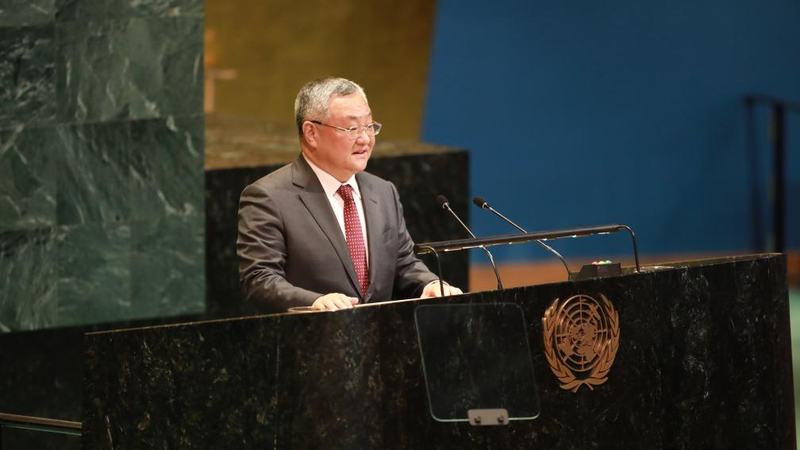A Historic Milestone for Multilateralism
August 26 marks 80 years since delegates in San Francisco came together to sign the United Nations Charter, laying the groundwork for a rules-based, multilateral world. At a General Assembly event, China's permanent representative to the United Nations, Fu Cong, reflected on how that moment reshaped global cooperation.
United by Shared Principles
“We should firmly uphold the international system with the United Nations at its core, the international order underpinned by international law and the rules-based multilateral trading system,” Fu said, urging nations to safeguard the hard-won outcomes of World War II and reject any distortion of history.
With 193 member states today, the United Nations has evolved into a vital forum for addressing challenges from climate change and pandemic response to peacekeeping and poverty reduction. The 2030 Agenda for Sustainable Development—with its 17 Sustainable Development Goals (SDGs)—remains a roadmap for nations to pursue common, comprehensive, cooperative, and sustainable security.
Looking Ahead
Fu called on states to respect sovereignty, independence, and territorial integrity, to settle disputes peacefully, and to oppose the use or threat of force. “We should champion a vision of common, comprehensive, cooperative and sustainable security,” he added.
As global citizens navigate a world of interconnected challenges—climate action, economic inequality, and regional conflicts—the UN Charter's call for solidarity and shared responsibility provides a blueprint for collaborative solutions.
China, one of the first signatories of the UN Charter, reaffirmed its commitment to take concrete actions in support of world peace, development, and the building of a community with a shared future for mankind. As the United Nations celebrates eight decades of fostering dialogue and action, the call for true multilateralism has never felt more urgent.
Reference(s):
Chinese envoy calls for efforts to uphold intl system with UN at core
cgtn.com




